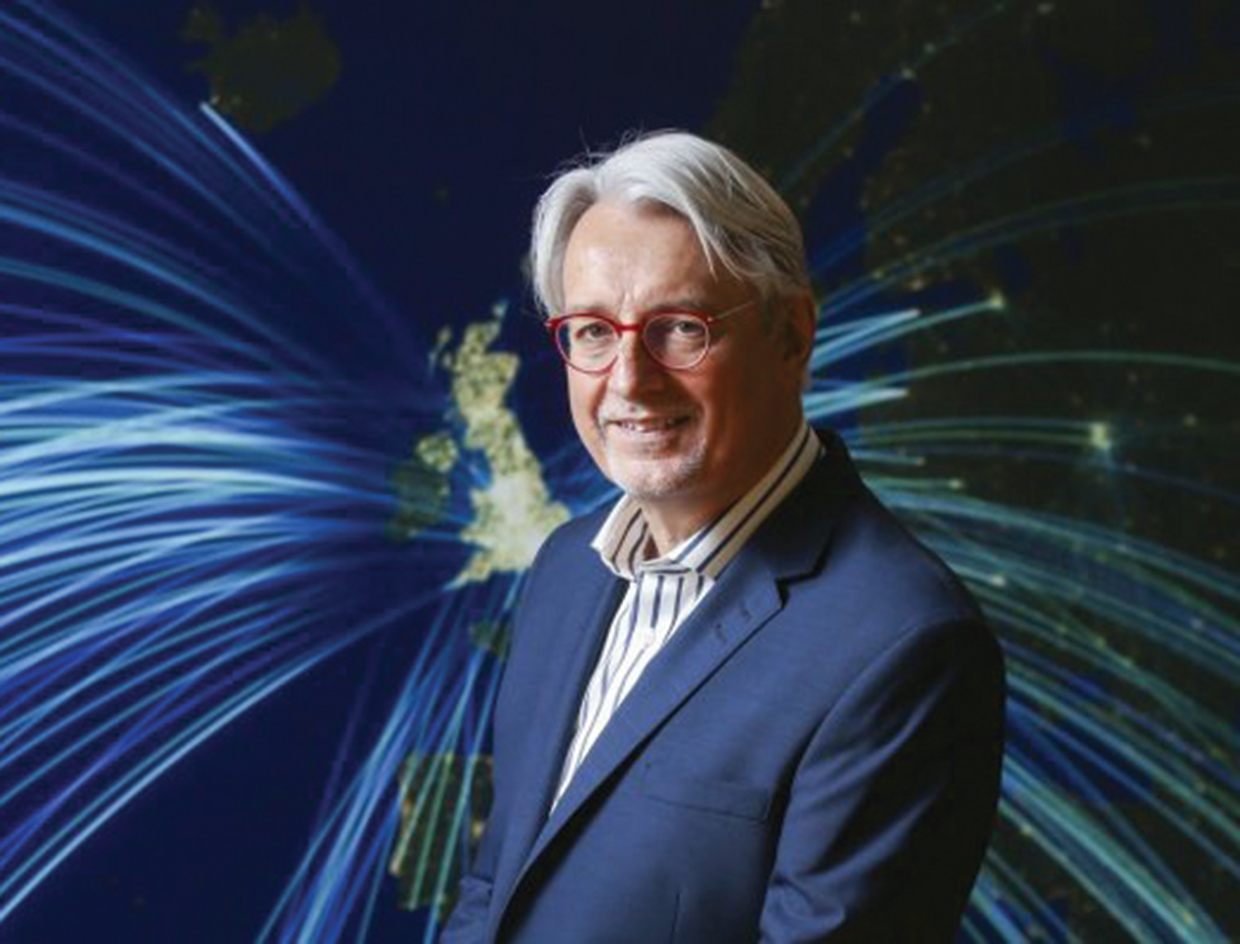Finbarr Bermingham caught up with Mark Nodder, chairman and CEO of Wrights Group, a UK-based bus manufacturer, on a recent trade mission to Hong Kong to discuss the challenges in exporting buses to service Asia’s megacities.
GTR: Tell us about your journey to exporting.
Nodder: The name Wright comes from the name of the family who still owns the company – we’re into our third generation of a very closely held family company. The company’s focus is on public transport, specifically city buses. We supply pretty much all the big bus operators in the UK and Ireland. In 1998 when I joined, we set off on a voyage of discovery into export markets. We’ve ventured outside of the UK to take those products particularly to Hong Kong but also Singapore, and along the way, the US, Netherlands, Australia and New Zealand, as well as India. But our big market focus is Asia Pacific.
GTR: Why do you think that’s a good fit for your product?
Nodder: There are lots of companies around the world who make buses. Everywhere we go we find competitors. But there are very few, and it’s for historic reasons, who manufacture double deckers. It’s a product that’s very suited to heavily congested, urbanised megacities. When you need to move a lot of people in a hurry and take up little space on the road, the double decker is the solution. It’s remained very popular in London and is very popular in Singapore and Hong Kong. Our natural inclination was to go to markets that understood our product and where we understood their requirements.
GTR: How has your manufacturing supply chain changed over the years?
Nodder: When we first came to Asia in the early 2000s, we used to build buses in Ballymena [Northern Ireland] and ship them out. Now we essentially flat-pack them out to Kuala Lumpur where we have an assembly facility. The chassis are shipped complete. We ship out a lot of the bodywork components and source a lot of them in Southeast Asia now, bringing them all together in Kuala Lumpur and assembling the complete vehicle there for onward transportation to Hong Kong or Singapore.
The plant in Malaysia has only been running for two and a half years. Previously we assembled in Guangzhou, but we picked Kuala Lumpur because it had the right balance of skills, ease of doing business and proximity to the market – it fitted the bill. We found the system in China to be very complicated and bureaucratic in respect of what we did. And I guess what we did was fairly complicated, we were bringing a lot of material into the country, assembling a bus and then shipping the complete bus out of the country.
We were only using China as an assembly base, we weren’t selling the bus locally. But it created a very heavy bureaucratic environment, a very heavy administrative and taxation requirement.
GTR: How exposed are you to market fluctuations in metals and currency?
Nodder: We are exposed: aluminium and steel are world commodities, so we have to go with the market. We try to buy ahead and hedge where possible – we were affected by the exchange rate movement following the referendum and the UK’s decision to leave the EU. The pound weakened against the euro and because we buy a lot of our material in euro, we had an increase in input prices by 7 to 8%, which we’re beginning to claw back now. You have to be cognisant of that.
GTR: Are you worried about the impact of Brexit on your business and your supply chain?
Nodder: We don’t see a direct effect. We have seen products are probably more competitively priced, internationally. I hope that if that’s sustained it will allow us
to press on in our target markets in Latin America and Australia and New Zealand. We do a lot of business across our own uniquely positioned land border with the Republic of Ireland. A lot of our buses sail up and down to Dublin, Cork, Limerick and Galway. We obviously don’t want anything to compromise that, it doesn’t look like it will, all parties seem determined to make it a success, let’s hope they do.
GTR: One of the big challenges exporters have is working with banks. Have you had any issues with that over the years?
Nodder: No – we’ve got a brilliant banking partner, the Bank of Ireland, and they’ve helped us grow through working capital and forex products. We’re starting now to explore what we can obtain through UK Export Finance. We haven’t made use of it directly, but we’ve had offers. With markets we’re looking at in Latin America it might be a good option.







